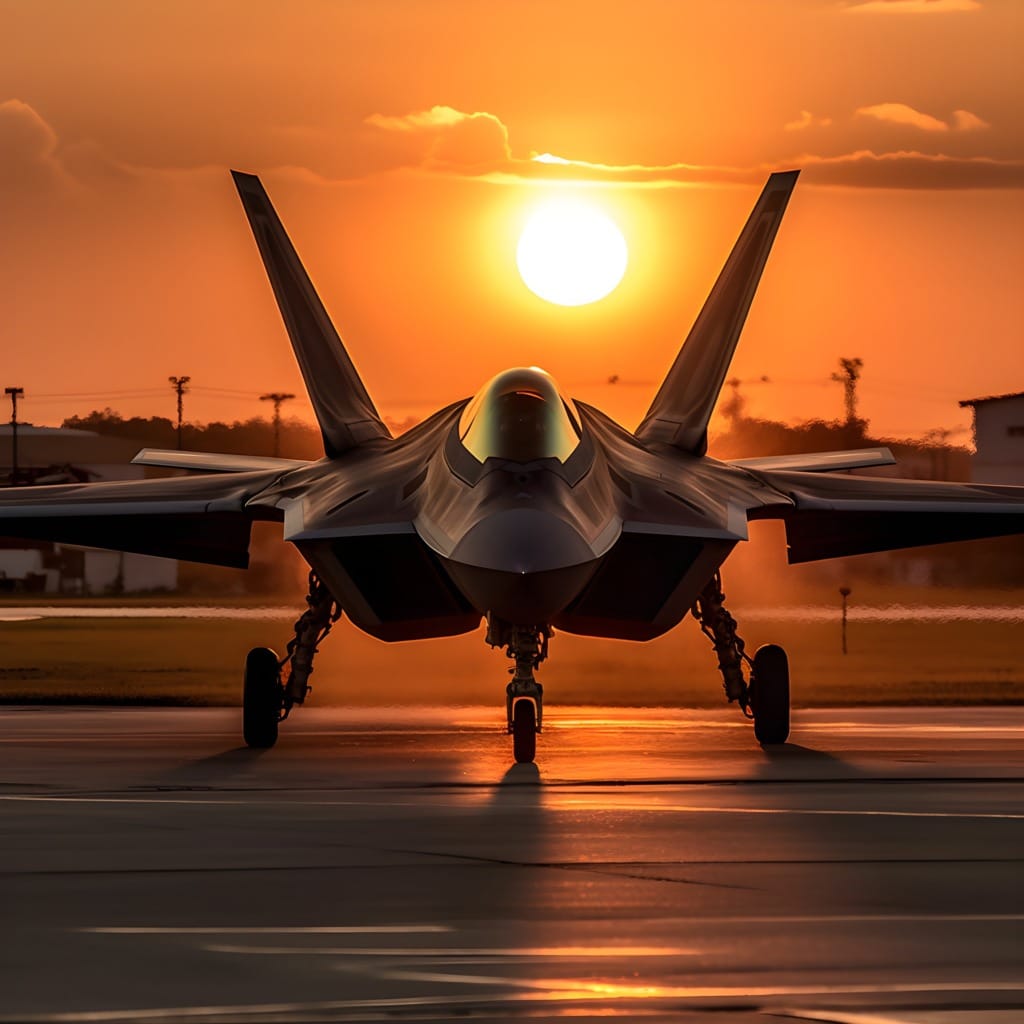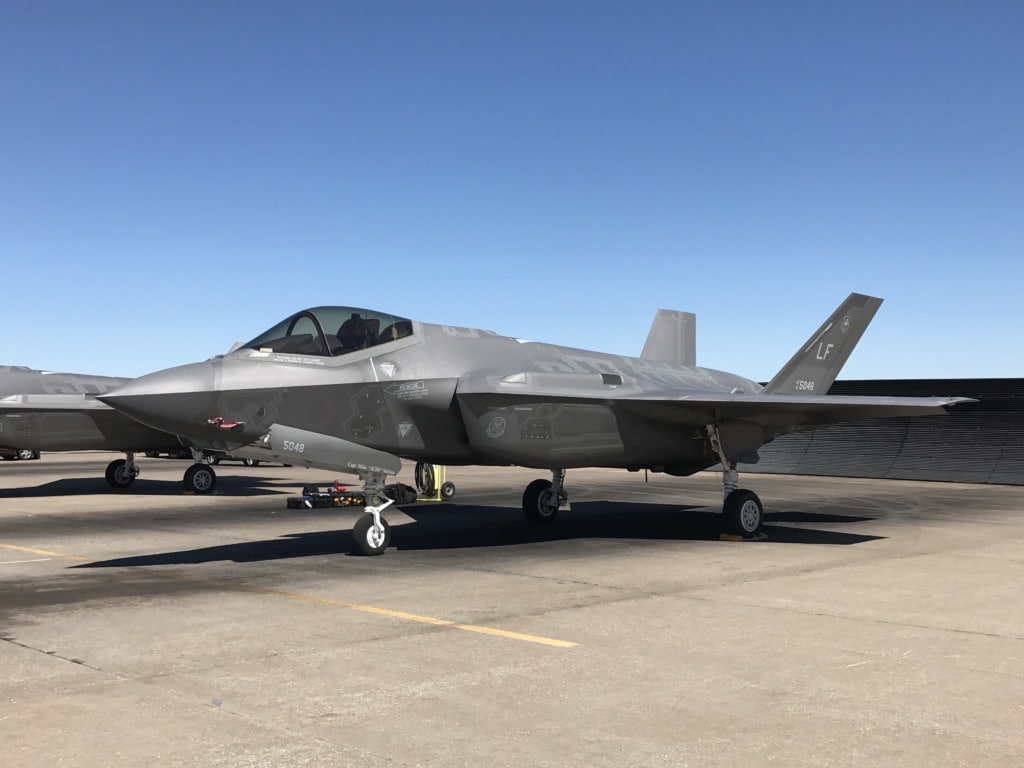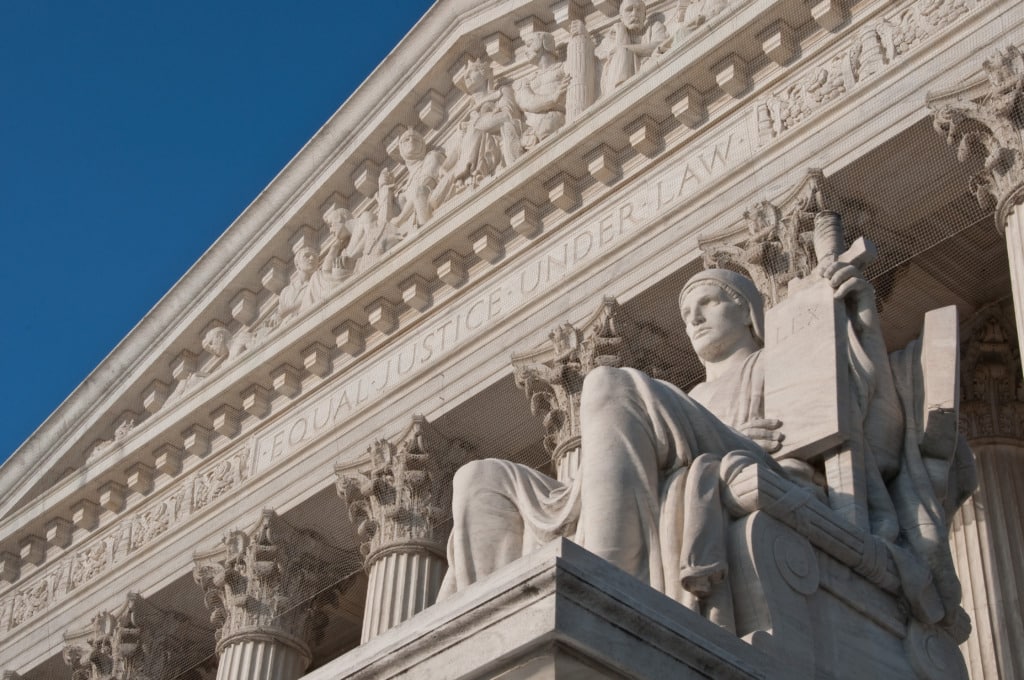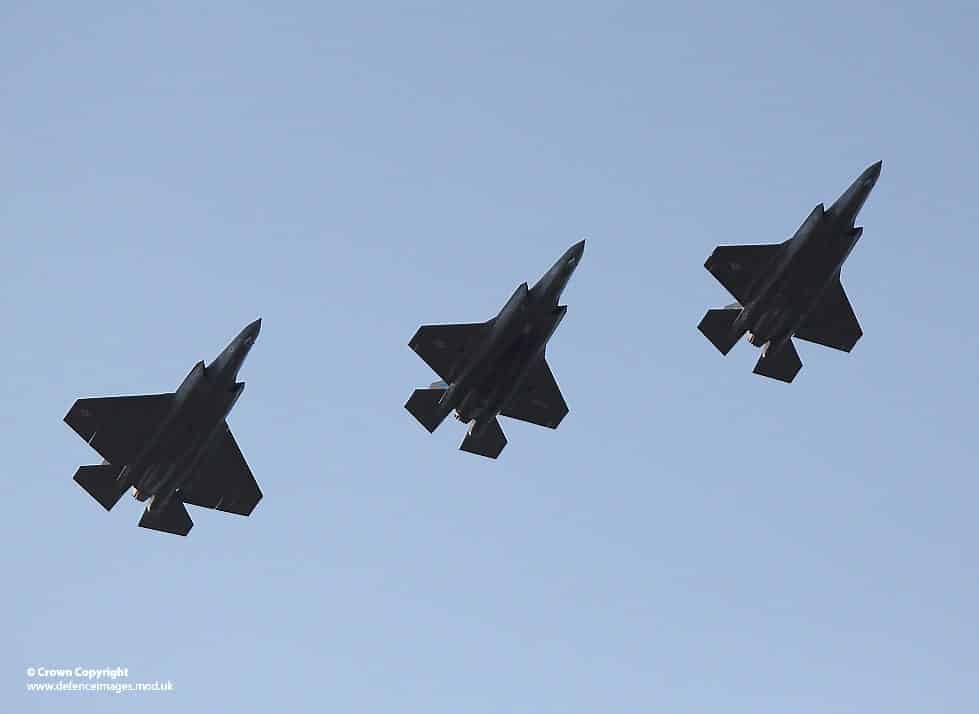Ninth Circuit Denies Rehearing En Banc in Cassirer
The legal saga surrounding the Cassirer family’s attempt to reclaim a Camille Pissarro painting seized by the Nazis has taken another step. Litigation in Cassirer v. Thyssen-Bornemisza Collection Foundation has bounced among the Central District of California, the Ninth Circuit, the California Supreme Court, and the Supreme Court of the United States. (For more coverage…
Continue ReadingSupreme Court Denies Cert in Fighter Jets Case
This morning, the U.S. Supreme Court denied review in Blenheim Capital Holdings Ltd. v. Lockheed Martin Corp., a case asking whether the purchase of fighter jets and other military equipment is a commercial activity under the Foreign Sovereign Immunities Act. Despite a circuit split on the question, the Solicitor General recommended that the Supreme Court…
Continue ReadingSolicitor General Recommends Denial of Cert in FSIA Case
Is a foreign government’s purchase of military equipment a “commercial activity” for purposes of the Foreign Sovereign Immunities Act’s (FSIA) commercial activity exception? In a brief filed on May 14, 2024, at the Supreme Court’s invitation, the Solicitor General (SG) answered “it depends.” This answer is surprising. It is in considerable tension—if not outright conflict—with…
Continue ReadingProposed Legislation to Amend the Foreign Sovereign Immunities Act
Representatives Adam Schiff, Betty McCollum, and Gerry Connolly have introduced the Jamal Khashoggi Protection of Activists and Press Freedom Act of 2023. The purpose of the legislation is to protect free speech advocates and journalists. The press release announcing the draft legislation notes the murder five years ago of journalist Jamal Khashoggi “at the hands…
Continue ReadingUpdate on Cassirer
Last year, the Supreme Court decided Cassirer v. Thyssen-Bornemisza Collection Foundation, a case about choice of law under the Foreign Sovereign Immunities Act (FSIA). This post gives a quick update on what has happened since, and where things are going next. Cassirer is a lawsuit about the ownership of a Camille Pissarro painting, surrendered by…
Continue ReadingCert Petition Highlights Circuit Split on Sovereign Immunity for Military Purchases
The Foreign Sovereign Immunities Act (FSIA) immunizes foreign states from suit in federal and state court. But it makes an exception for actions based on a foreign state’s commercial activities. The Supreme Court’s leading decision interpreting this exception is Republic of Argentina v. Weltover (1992), where the Court unanimously held “that when a foreign government…
Continue ReadingOne More Thought on Halkbank
The recent Supreme Court argument in Türkiye Halk Bankasi A.S. (Halkbank) v. United States has captivated the transnational litigation community. Experts have weighed in in many forms, including on this blog. In this post, I want to add one more thought that I have not seen raised in this context. Even if the Court decides…
Continue ReadingThe Media Coverage of Turkiye Halk Bankasi, in Review
Last week, the Supreme Court heard oral arguments in Turkiye Halk Bankasi A.S. v. United States, a criminal case originating in the Second Circuit. The defendant, Turkiye Halk Bankasi A.S. (“Halkbank”), is a foreign state-owned commercial bank, headquartered in Istanbul, and a subsidiary of the Turkish government’s sovereign wealth fund. Charged with laundering over $1…
Continue ReadingIs Buying Fighter Jets a Commercial Activity?
The Foreign Sovereign Immunities Act (FSIA) allows actions against foreign states to be brought in U.S. courts based on their commercial activities. In Republic of Argentina v. Weltover (1992), the Supreme Court held “that when a foreign government acts, not as regulator of a market, but in the manner of a private player within it,…
Continue ReadingSupreme Court Denies Cert in NSO v. WhatsApp
Today, the Supreme Court denied cert in NSO Group Technologies Ltd. v. WhatsApp Inc. The order lets stand a Ninth Circuit decision holding that entities that do not meet the Foreign Sovereign Immunities Act’s (FSIA) definition of an “agency or instrumentality” of a foreign state cannot claim immunity under federal common law. (Disclosure: I joined an amicus brief…
Continue Reading





